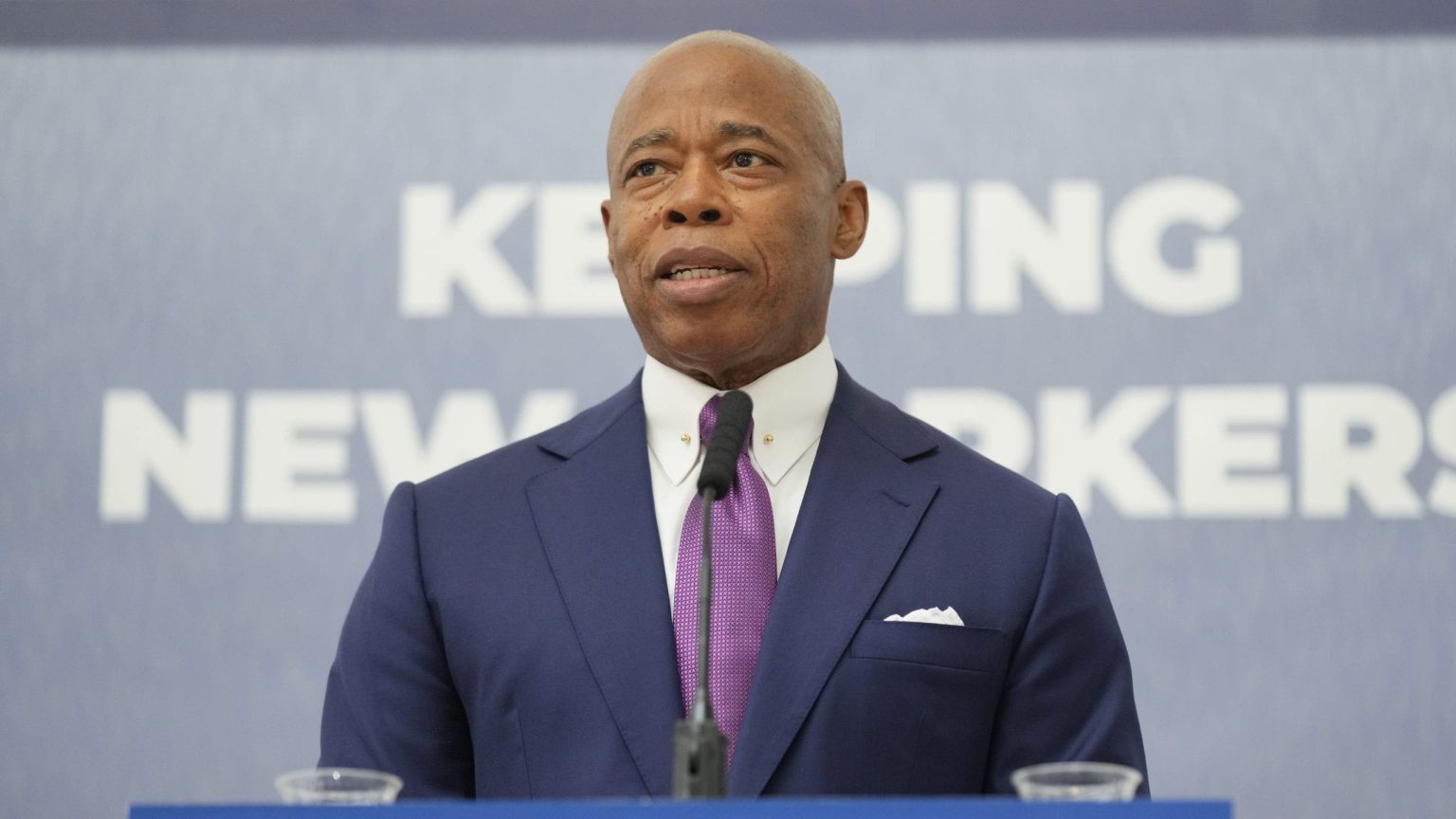The sudden resignation of Ingrid Lewis-Martin, a top advisor to New York City Mayor Eric Adams, has sent ripples through the city’s political landscape, coinciding with a federal investigation into allegations of corruption and bribery against the mayor himself. Lewis-Martin’s departure, announced jointly with Mayor Adams on Sunday, comes on the heels of investigative actions targeting her, including the seizure of her phones and a search of her residence. While both Lewis-Martin and Adams framed the resignation as a long-planned transition allowing her to spend more time with family, the timing raises questions and adds another layer of complexity to the ongoing federal investigation. Lewis-Martin’s statement expressed deep gratitude to Adams, highlighting their long-standing relationship dating back to 2004 and acknowledging his support and encouragement throughout her career. Adams, in turn, praised Lewis-Martin’s dedication and service to the city, emphasizing their close personal and professional bond. However, the shadow of the federal investigation inevitably looms large over this seemingly amicable parting of ways.
The federal investigation, the details of which are still emerging, focuses on allegations of corruption and bribery within the Adams administration. While the exact nature of the allegations remains undisclosed, the investigation’s focus on Lewis-Martin, a key figure in Adams’ inner circle, suggests a potential connection to the mayor himself. The seizure of her phones and the search of her home indicate that investigators are actively seeking evidence related to these allegations. The timing of Lewis-Martin’s resignation, so close to these investigative actions, inevitably fuels speculation about her potential involvement and the broader implications for the Adams administration. The investigation is likely to continue intensifying scrutiny on the mayor’s dealings and relationships, potentially creating a period of uncertainty and instability within City Hall.
Adding to the complex backdrop of the investigation and resignation is Mayor Adams’ recent meeting with Tom Homan, the incoming border czar for the incoming presidential administration. This meeting, occurring just days before Lewis-Martin’s departure, signals a notable shift in Adams’ stance on immigration, aligning more closely with the incoming administration’s more aggressive approach. Adams’ meeting with Homan, characterized by the latter as highly productive and indicative of Adams’ prioritization of public safety over politics, underscores the mayor’s willingness to collaborate with federal authorities on immigration enforcement. This collaboration could have significant implications for New York City, a major destination for immigrants, and potentially reshape the city’s approach to immigration-related issues.
Homan’s enthusiastic praise for Adams’ willingness to cooperate on issues like identifying criminal threats, national security risks, and missing children suggests a strong partnership forming between the city and the incoming federal administration on immigration enforcement. This partnership could lead to increased collaboration between local law enforcement and federal immigration authorities, potentially impacting the lives of undocumented immigrants in New York City. Adams’ shift towards a more aggressive immigration stance represents a departure from the policies of previous administrations and could have far-reaching consequences for the city’s diverse immigrant communities.
The confluence of these events – the federal investigation, Lewis-Martin’s resignation, and Adams’ meeting with Homan – creates a complex and dynamic political landscape in New York City. The investigation casts a shadow over the Adams administration, raising questions about the extent of any potential wrongdoing and the long-term impact on the mayor’s leadership. Lewis-Martin’s departure, while ostensibly for personal reasons, adds to the intrigue and leaves a void within the mayor’s inner circle. Meanwhile, Adams’ embrace of a more aggressive immigration stance signals a significant policy shift with potential ramifications for the city’s immigrant population.
These intertwined narratives will undoubtedly continue to unfold in the coming weeks and months, shaping the political discourse and impacting the lives of New Yorkers. The federal investigation will likely remain a dominant storyline, with its findings potentially having significant consequences for the Adams administration. The departure of a key advisor leaves a gap in the mayor’s team and raises questions about the stability of his inner circle. Finally, the shift in immigration policy will continue to be a focal point of debate and advocacy, potentially leading to significant changes in how the city interacts with its immigrant communities. The convergence of these events creates a period of uncertainty and transition for New York City, with the long-term outcomes remaining to be seen.

